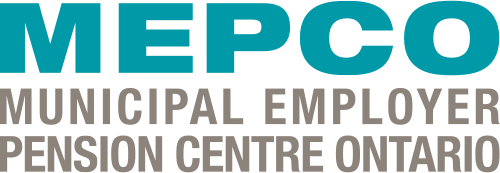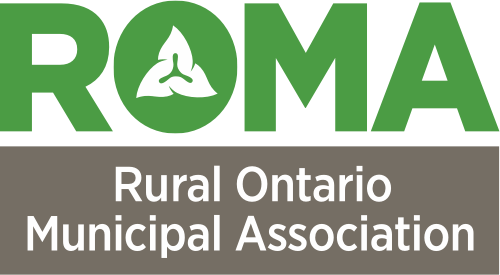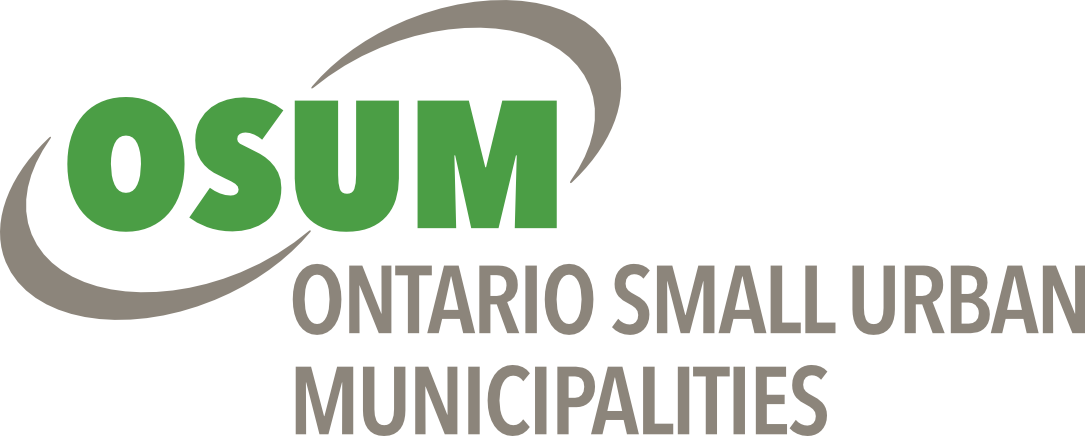Your Top 5 Personal Insurance Questions Answered
Understanding personal insurance helps ensure you have the appropriate coverage for your needs and risk level. Below, we answer the five most common questions about home and auto insurance, including how no-fault insurance and deductibles work, what insurance you need for a home-based business, and more.
- My insurance rates have increased since a car accident; I thought we had no-fault insurance here?
No-fault insurance in Ontario refers to how claims are handled, not that no one is at fault for an accident. This means each driver’s insurance company will handle their claim, regardless of who is at fault. Benefits of this process include faster claims resolution, fewer disputes, and a reduced legal backlog.
Insurance companies follow a set of provincially regulated guidelines, known as Fault Determination Rules, to determine who is at fault for an accident. The driver who is at fault will likely see a rate increase in their insurance to protect against the higher risk of future accidents. However, this may not occur if they have accident forgiveness as part of their coverage. They will likely also have to pay their deductible.
For more information on the no-fault insurance process in Ontario, we recommend speaking to your insurance broker.
- I have started driving for Uber Eats, Skip the Dishes or Instacart; what insurance do I need for this?
Uber Eats, Skip the Dishes, Instacart, and similar services have drivers use their vehicles for retail or wholesale delivery. For instance, you could deliver a pizza from a restaurant to the customer who ordered it. This typically requires commercial auto insurance.
Other uses for your vehicle beyond personal use may require business use coverage added to your policy.
We encourage you to talk to your broker, who can assess your situation and help you determine your specific coverage needs.
- I am a newcomer to Canada but drove in my home country. Does that experience help with my insurance cost here?
While some countries have international deals with Canada that consider an individual’s driver's license experience in their home country, not all do. Typically, these deals are part of a more extensive trade program.
However, previous “insurance” experience may still be beneficial here in Canada. Since applicable experience can vary, we recommend speaking to your broker and discussing your experience in your home country. This discussion will help us determine if your experience can be used and to what extent. It will also help reveal what documentation will be required if necessary.
We recommend obtaining copies of your licensing and insurance history from your home country before you leave. Having these documents will help us make sure you can get the most experience counted that is legally possible here in Canada.
- Why does my home insurance seem to increase in price every year?
Home insurance rates can rise because of several factors. Those within your control can include whether you have made a claim in the last year and whether you have completed home renovations that increased the value of your home. However, some factors are causing home insurance rates to rise across the industry. They include extreme weather events and the cost of repairs.
Extreme weather, such as snowstorms and wildfires, are becoming more frequent and destructive. As many home insurance policies cover weather-related damages, as they increase, so does the insurance cost.
Another major factor in increasing home insurance rates is the cost of repairing or rebuilding a house after a loss. Repair costs are also rising due to supply chain disruptions for construction materials, inflation, and a skilled labour shortage.
Talk to your broker about options for managing your home insurance coverage effectively.
- Do I need additional coverage for my home-based business?
Operating a home-based business exposes you to additional risks that home insurance policies typically won’t cover. For instance, your home insurance policy may not cover business inventory or equipment if a loss occurs. Additionally, if you have customers visiting your home as part of your business, you are at a higher risk of third-party injury claims.
Thus, you will likely need additional insurance coverage when operating a business out of your home. We recommend speaking to your broker about your unique situation to make sure you have the appropriate coverage for your needs.
Note: Coverage for home daycares providing care for six or fewer children can be added to home insurance and doesn’t require business insurance.
Do you have more questions about personal insurance? At Cowan, our experts care about what you care about and are happy to answer any additional questions you may have. Visit the LAS webpage or contact Cowan today.
Share this Post





